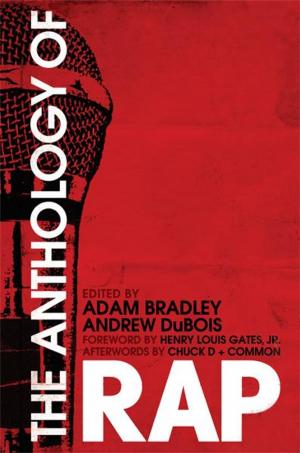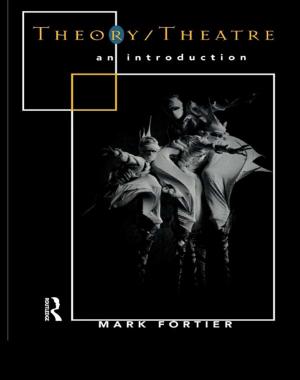On the Cantatas of J.S. Bach: Trinity VIII-XVI
The Bach Cantatas, #2
Nonfiction, Entertainment, Music, Music Styles, Classical & Opera, Classical, Theory & Criticism, History & Criticism| Author: | Hendrik Slegtenhorst | ISBN: | 9781386883630 |
| Publisher: | Hendrik Slegtenhorst | Publication: | March 22, 2019 |
| Imprint: | Language: | English |
| Author: | Hendrik Slegtenhorst |
| ISBN: | 9781386883630 |
| Publisher: | Hendrik Slegtenhorst |
| Publication: | March 22, 2019 |
| Imprint: | |
| Language: | English |
Bach the composer, like many of us today, contends with fundamental human concerns such as self-worth, the courage of trust, the acceptance of death, satisfaction with life, the hope found in joy, suffering amidst the essential beauty of the world, the misery of loss, and the majesty of redemption.
Trinity VIII through XVI, the second third of the Trinity Sundays and feast days, occurs in late July to early October in the Lutheran liturgical year.
The nine topics of the human condition that these Trinity cantatas principally dwell upon encompass (1) mortal hypocrisy, (2) spiritual weakness and failure (3) the destruction of man's innate divinity, (4) defeating unworthiness, (5) the covenant of life, (6) the golden rule, (7) the source of love, (8) mastering troubles, and (9) the alliance of death and unification.
There is a profound interrelationship among all art, an interrelationship that is parallel to the natural one our bodies dwell in. Determining, and thus causing, one's own thoughts creates one's own experience of reality; and the more this is so, the more one is free. This is not the Western freedom of choice—where to live, what to read, what to select—but a freedom dependent upon awareness of one's desires and aspirations.
It is often difficult for a non-religious thinker in today's world to penetrate feelingly and with conviction and psychological trust into the works of the religious; and it is equally difficult for the religious to put in abeyance their current beliefs in order to let another's religious experience, perhaps even one that is antithetical or contrary to their own, enhance and expand their understanding of how the spiritual and the mystical can work in ways that are valid, even if not, to them, theologically supportable or acceptable.
Bach the composer, like many of us today, contends with fundamental human concerns such as self-worth, the courage of trust, the acceptance of death, satisfaction with life, the hope found in joy, suffering amidst the essential beauty of the world, the misery of loss, and the majesty of redemption.
Trinity VIII through XVI, the second third of the Trinity Sundays and feast days, occurs in late July to early October in the Lutheran liturgical year.
The nine topics of the human condition that these Trinity cantatas principally dwell upon encompass (1) mortal hypocrisy, (2) spiritual weakness and failure (3) the destruction of man's innate divinity, (4) defeating unworthiness, (5) the covenant of life, (6) the golden rule, (7) the source of love, (8) mastering troubles, and (9) the alliance of death and unification.
There is a profound interrelationship among all art, an interrelationship that is parallel to the natural one our bodies dwell in. Determining, and thus causing, one's own thoughts creates one's own experience of reality; and the more this is so, the more one is free. This is not the Western freedom of choice—where to live, what to read, what to select—but a freedom dependent upon awareness of one's desires and aspirations.
It is often difficult for a non-religious thinker in today's world to penetrate feelingly and with conviction and psychological trust into the works of the religious; and it is equally difficult for the religious to put in abeyance their current beliefs in order to let another's religious experience, perhaps even one that is antithetical or contrary to their own, enhance and expand their understanding of how the spiritual and the mystical can work in ways that are valid, even if not, to them, theologically supportable or acceptable.















